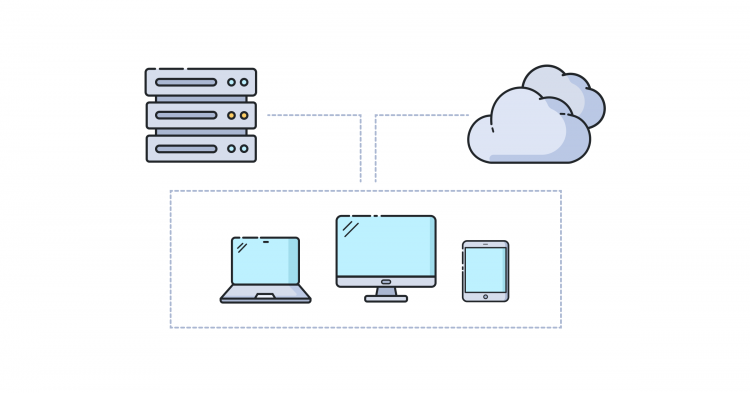Global Virtual Desktop Infrastructure Market Insights, Demand & Revenue | 2030

The global Virtual Desktop Infrastructure (VDI) market is spearheaded by a select group of market leaders whose strategies and technological innovations are setting the standard for the modern digital workspace. These dominant companies have cemented their leadership positions through decades of R&D in virtualization and display protocols, the creation of vast partner ecosystems, and a deep, embedded presence in the world's largest enterprise IT environments. An examination of these Virtual Desktop Infrastructure Market Market Leaders reveals a set of sophisticated and evolving strategies aimed at capturing the massive market opportunity created by the global shift to hybrid work. The core strategy for these leaders is to evolve beyond simple desktop virtualization to provide a comprehensive and secure "digital workspace" platform that can deliver any application to any device, anywhere, while simplifying management for IT.
One of the most prominent leadership strategies is that of the "hybrid and multi-cloud control plane," a strategy championed by the traditional market leaders, VMware and Citrix. Having built their dominance in the on-premise VDI era, their strategy for the cloud era is to position their platforms (VMware Horizon and Citrix DaaS) as the essential management and orchestration layer that can span both private and public cloud environments. Their value proposition is one of choice and consistency; they enable a large enterprise to deploy virtual desktops on-premise for some users, in Azure for others, and in AWS for yet another group, all while managing them from a single, familiar console. This strategy is highly appealing to large, complex organizations that are not standardized on a single cloud and want to avoid vendor lock-in. They leverage their superior display protocol technology and their extensive enterprise feature sets as key differentiators, arguing that they provide a more robust and performant user experience than the native offerings of the cloud providers.
An alternative and increasingly powerful leadership strategy is that of the "integrated cloud-native platform," masterfully executed by Microsoft with its Azure Virtual Desktop (AVD). Microsoft's strategy is to leverage its unparalleled dominance in the enterprise operating system (Windows) and productivity suite (Microsoft 365) to make its DaaS offering the natural and seamless choice for its millions of customers. A key pillar of their strategy is the unique Windows 10/11 Enterprise multi-session capability, which allows multiple users to share a single virtual machine, dramatically reducing infrastructure costs compared to traditional VDI. By deeply integrating AVD with its Entra ID identity platform and its Intune endpoint management tools, Microsoft offers a highly secure and cohesively managed solution. The Virtual Desktop Infrastructure (VDI) Market size is projected to grow USD 57.8 Billion by 2030, exhibiting a CAGR of 18.20% during the forecast period 2024 - 2030. This strategy of deep ecosystem integration and compelling economics has allowed Microsoft to capture a massive share of the market growth in a very short period, fundamentally reshaping the competitive landscape.
Top Trending Reports -
India Communications Interface Market
- Art
- Causes
- Crafts
- Dance
- Drinks
- Film
- Fitness
- Food
- Jeux
- Gardening
- Health
- Domicile
- Literature
- Music
- Networking
- Autre
- Party
- Religion
- Shopping
- Sports
- Theater
- Wellness


